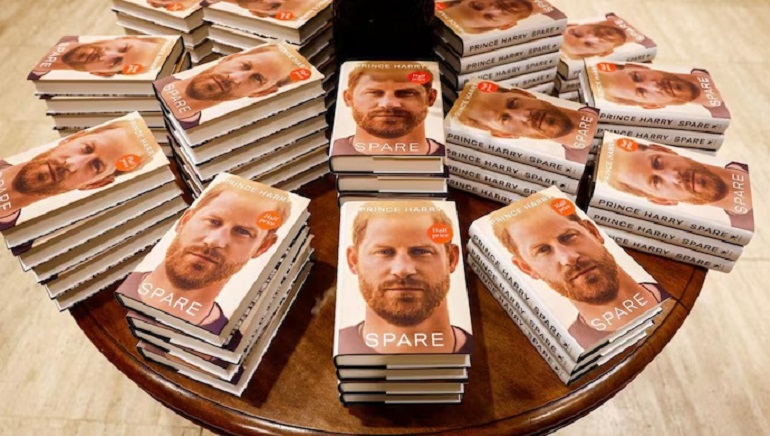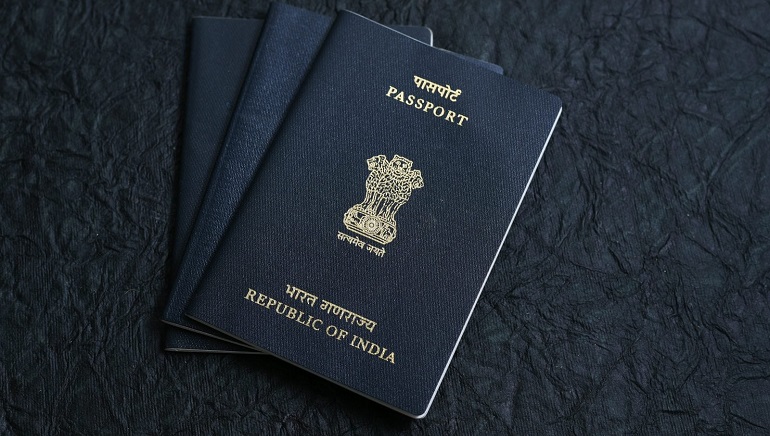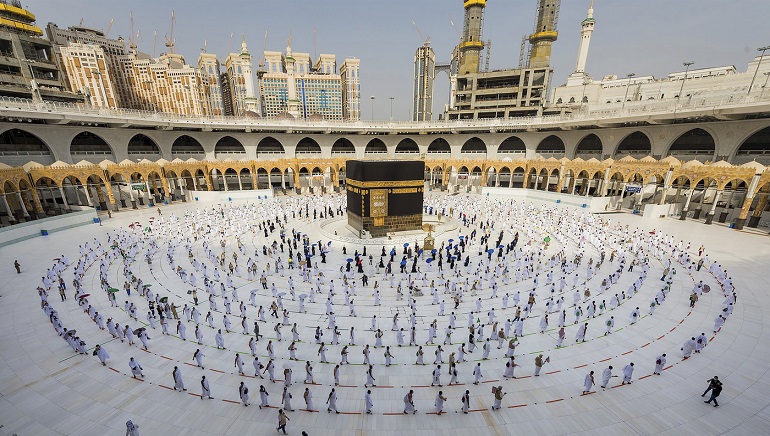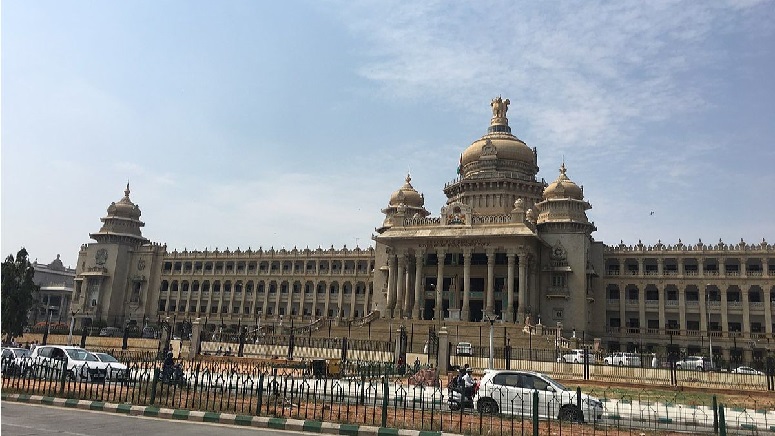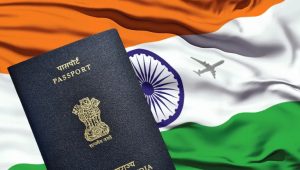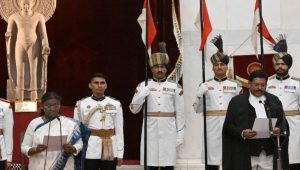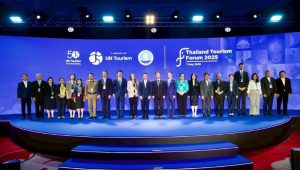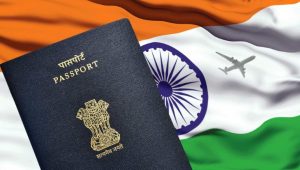A team of Indian scientists from the Indian Institute of Geomagnetism (IIG) have found the first evidence of the presence of solitary waves around Mars. These solitary waves are distinct electric field fluctuations in the Martian magnetosphere that control particle energisation, plasma loss, and transport through wave-particle interactions.
IIG researchers identified and reported the solitary waves in the Martian magnetosphere with the help of high-resolution electric field data recorded by Langmuir Probe and Waves instrument on Nasa’s Mars Atmosphere and Volatile Evolution (MAVEN) spacecraft. The findings have been published in The Astrophysical Journal, which states the analysis of 450 solitary wave pulses observed by the MAVEN spacecraft during its five passes around Mars in February 2015.
Earth and planetary space plasma environments support a variety of electromagnetic and electrostatic waves. These plasma waves are widely studied using observations, theory, and simulations to enhance our knowledge of the ambient plasma conditions and fundamental physical processes operational in those regions.
Researchers say that Earth is like a giant magnet, and its magnetic field protects us from high-speed charged particles that are continuously emitted from the Sun in the form of solar wind. However, it is different for Mars, as the Red Planet does not have any intrinsic magnetic field that allows the high-speed solar wind to interact directly with the Mars atmosphere. They have now found that its magnetosphere is weak, but highly dynamic and formed due to the direct interaction of solar winds with the Martian atmosphere.






